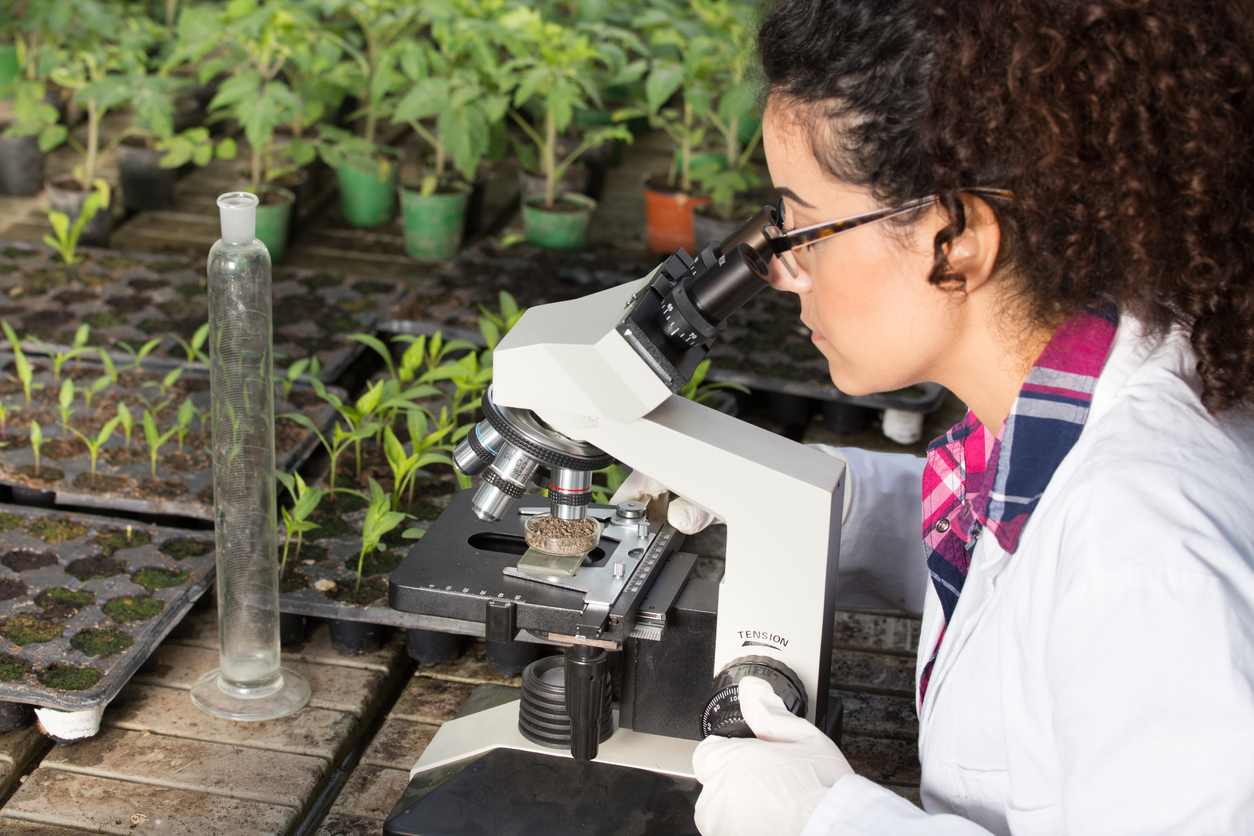
ARS Introduces Improved Winter Peas for Food Use
December 7, 2022| |
The USDA Agricultural Research Service released its first winter pea varieties developed for food use.
Winter peas, also known as black peas, are annual legumes with excellent nitrogen-fixing abilities. Winter peas are mostly planted in the Pacific Northwest as a cover crop and for additional nitrogen in the soil. Aside from their nitrogen-fixing abilities, winter peas are also valuable for human consumption because of the high protein content with a nearly complete amino acid profile, absence of allergens common in soybeans and peanuts, and low glycemic index. Thus, geneticist Rebecca McGee from the ARS Grain Legume Genetics Physiology Research Unit in Pullman, Washington, and her team, started breeding winter peas in 2010.
The three new varieties released by USDA include the following:
- MiCa: A cross of a USDA winter pea with Arwyn, a spring pea with resistance to Pea Seed-borne Mosaic Virus that produces large, smooth green seeds.
- Dint: Produces large, smooth green seeds with a slight dimple.
- Klondike: Produces large, highly desirable dark yellow seeds invoked by the Klondike's connection to the gold rush era. Yellow seeds mean food producers don't have to remove color during processing.
Read more from USDA-ARS.
| |
You might also like:
- Genetic Map Reveals Heat Tolerance Traits in Peas
- Experts Unlock the Code to Develop Better Peas
- Biotech a-Amylase Inhibitor Peas are Not Allergenic in Mice
Biotech Updates is a weekly newsletter of ISAAA, a not-for-profit organization. It is distributed for free to over 22,000 subscribers worldwide to inform them about the key developments in biosciences, especially in biotechnology. Your support will help us in our mission to feed the world with knowledge. You can help by donating as little as $10.
-
See more articles:
-
News from Around the World
- Global Leaders Tackle Conservation at UN Biodiversity Conference
- ARS Introduces Improved Winter Peas for Food Use
- CIMMYT Study Says Breeding New Crops Must Adapt to Climate Change
- Researchers Identify Genes to Help Fruit Adapt to Droughts
- Australia's Gene Regulator OGTR Invites Comments on Field Trial of GM Perennial Ryegrass
- Science Communication Expert Hailed as One of the Filipino Faces of Biotechnology
-
Research Highlights
- New Method Produces GM Measles Virus Using Only Two Components
- Climate Resilience Linked to Lignin Chemistry in Plants
-
Read the latest: - Biotech Updates (February 18, 2026)
- Gene Editing Supplement (January 28, 2026)
- Gene Drive Supplement (February 22, 2023)
-
Subscribe to BU: - Share
- Tweet

